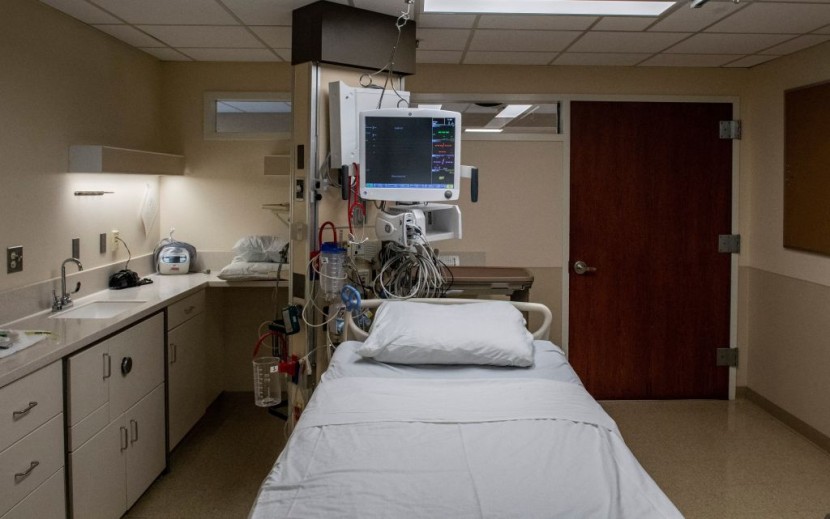
Researchers have found that people who were previously infected with the coronavirus infection are at greater risk of developing Type 2 diabetes within a year from recovery compared to those who have not contracted COVID-19.
The research, which was published on Monday in the journal Lancet Diabetes and Endocrinology, reviewed the records of more than 181,000 patients from the Department of Veterans Affairs. The individuals were all found to have been diagnosed with COVID-19 between Mar. 1, 2020, and Sept. 30, 2021.
COVID-19 and Type 2 Diabetes
The records were then compared to those taken from more than 4.1 million patients who were not infected with the coronavirus during the same period and another 4.28 million patients who received medical care from the VA in 2018 and 2019. Researchers involved in the study found that people previously infected by COVID-19 were 46% more likely to develop Type 2 diabetes for the first time or receive doctor prescriptions to control their blood sugar.
The greater risk of Type 2 diabetes was observed in patients who had mild or asymptomatic cases and people who experienced severe COVID-19 symptoms were more likely to develop the second illness. While the study does not prove cause and effect, it shows a strong association of COVID-19 and Type 2 diabetes, as per The Week.
Read Also: COVID-19 in the US: Dr. Anthony Fauci Warns Potential Surge in Cases Amid 'Blip' in the UK
The numbers mean that two in every 100 patients were more likely to develop Type 2 diabetes. The condition is where the pancreas is unable to make sufficient amounts of the hormone insulin. This leaves the body's blood sugar levels poorly controlled. The disease can result in damage to the kidneys, nerves, blood vessels, and the heart, among other effects.
The results of the study have implications on the more than 471 million people who have previously been infected with the coronavirus since the start of the pandemic. The United States is home to roughly 80 million individuals infected by the coronavirus. Furthermore, people suffering from long-haul COVID are at greater risk.
Association With Other Diseases
According to the Washington Post, the chief of research and development at VA St. Louis Health Care System, Ziyad Al-Aly, who led the review, said that the broader public who have been infected with the coronavirus should monitor their blood sugar.
The findings of the research add to evidence that shows an increased risk of cardiometabolic conditions after infection with the coronavirus. The list includes diabetes and heart and kidney complications. People usually associate long-term COVID-19 symptoms with cognitive issues, fatigue, or shortness of breath.
Al-Aly said that health experts were finding more and more complications after COVID-19 infection and not just respiratory problems, brain fog, or fatigue. He noted that they found heart manifestations, diabetes, and kidney manifestations.
The chief's team also recently published findings on studies that found a higher risk of developing heart problems, including stroke and heart attack, among COVID-19 patients. Another study of post-coronavirus patients found that they were more likely to suffer a decline in kidney function or kidney damage as long as six months after the first infection, the Wall Street Journal reported.
Related Article:
© 2025 HNGN, All rights reserved. Do not reproduce without permission.








